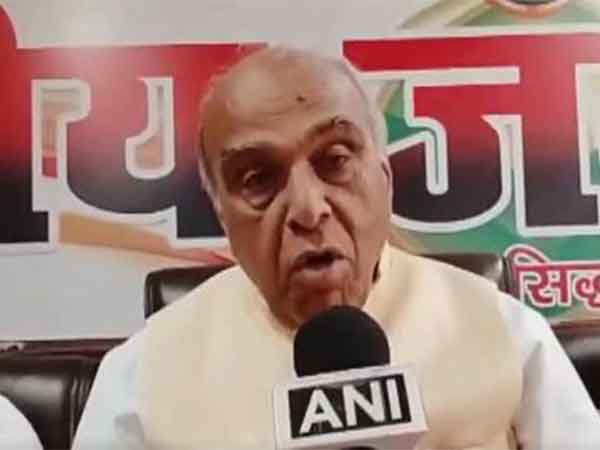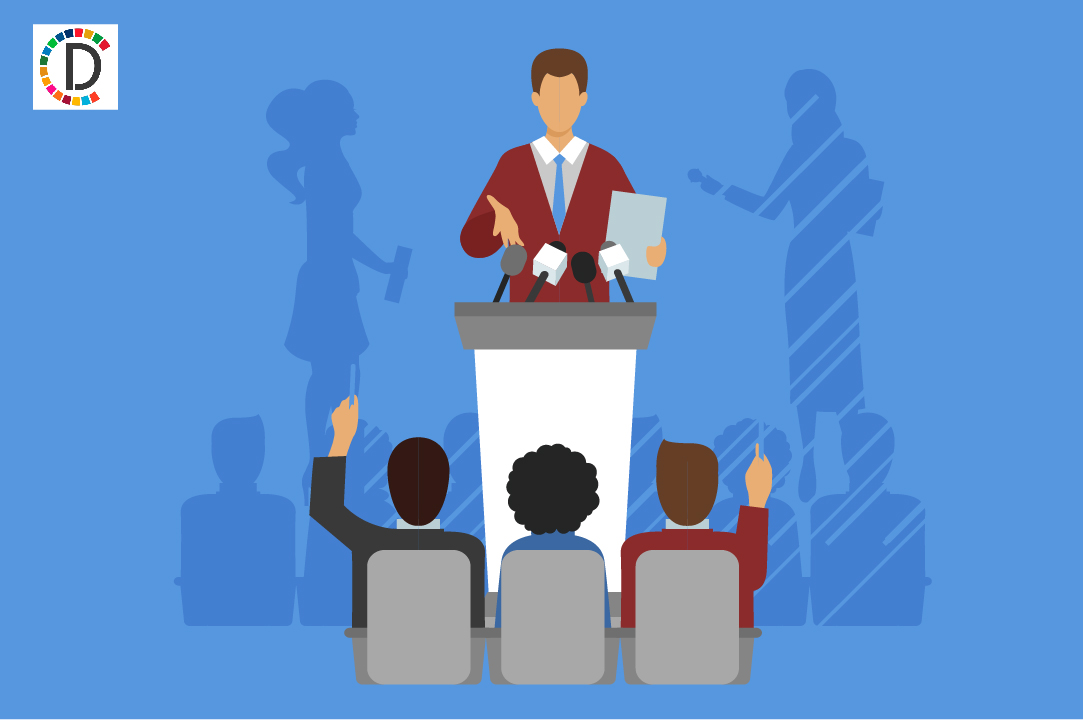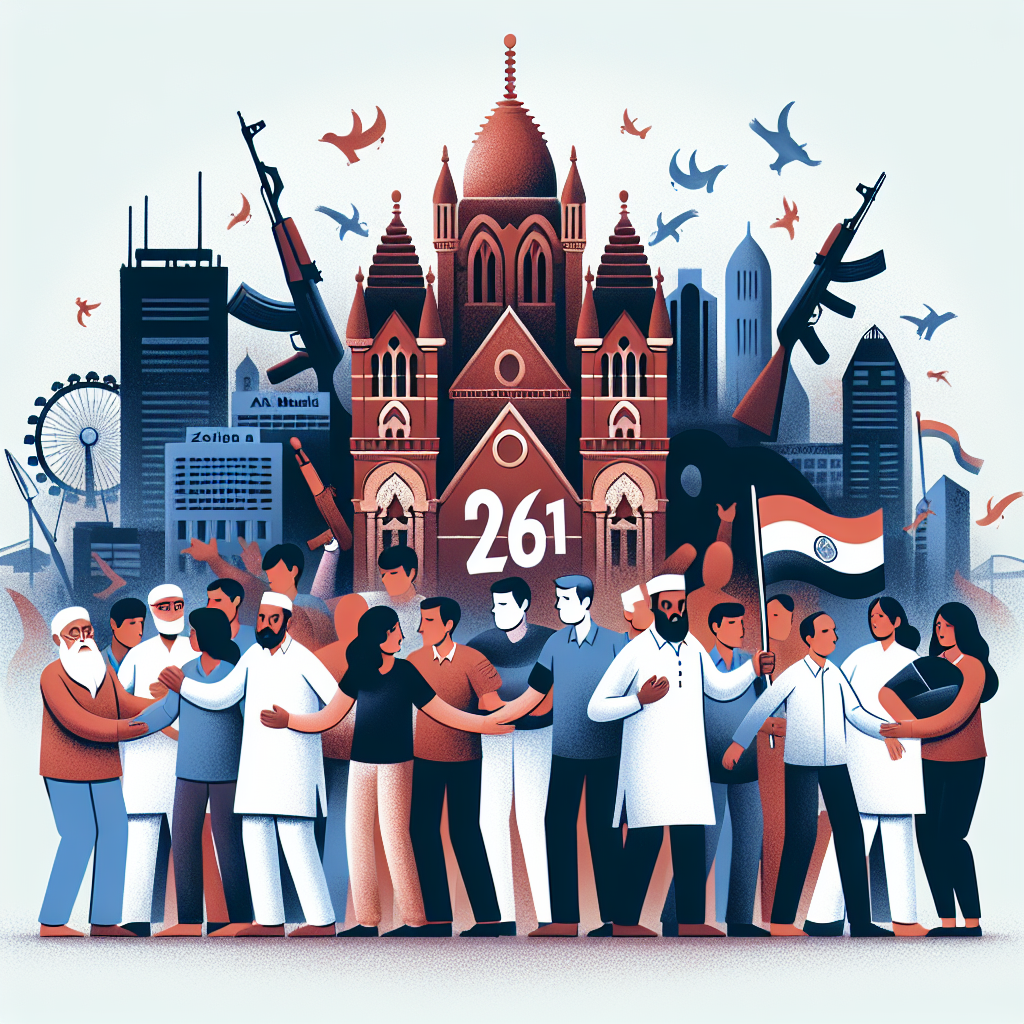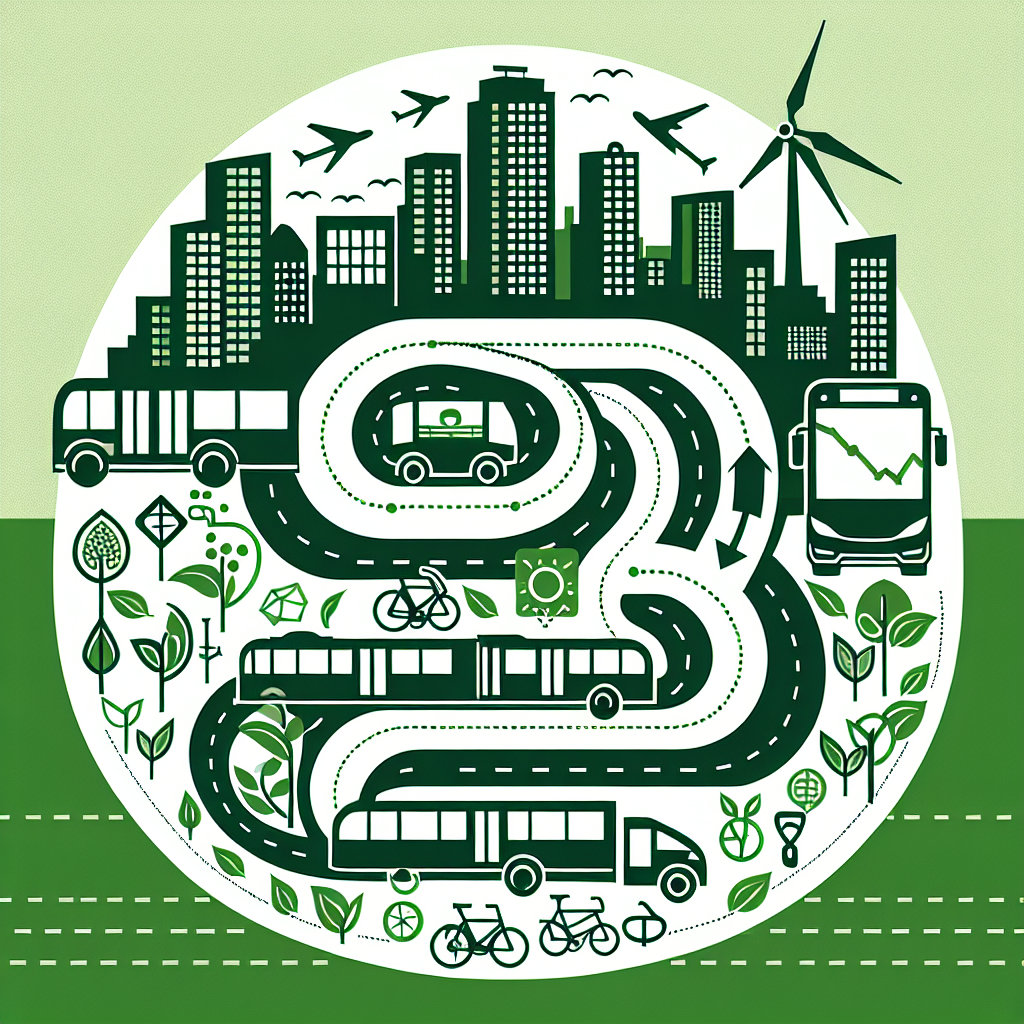Eric Adams isn’t running in the Democratic mayoral primary because he didn’t think he could prevail (an estimate everyone else also shares), and he will take his campaign to November. It may not win him reelection, but having all New York voters be able to cast their ballots in the decisive election for the mayor (and every office) is a far better system. And Adams’ move, be it clever or desperate, should point the way to changing how we conduct elections in future years .
The June 24 primary contest is limited to enrolled Democrats, who numbered 3,343,648 citywide as of Feb. 20, when the stats were collected. However there are another 1,782,361 registered New Yorkers who cannot participate and have to wait until the fall.

Of those, 1,101,006 are not in any party and there 681,355 who chose the GOP or another party. So only 65% of the voters will be able to determine the Democratic primary, which almost always determines the November winner. That’s not very democratic and Adams is trying to make history with a successful independent ballot line.
Depending on who the Democrats nominate, Adams might have a chance. We wish everyone who wants to be elected mayor, which includes Adams, the nine other Democrats and any Republicans and minor party and non-party candidates, would all run against each other on a single combined ballot in June. Then the top five finishers, regardless of party, would advance to November.
That’s called Final Five voting and it’s the next logical step after New York adopted ranked choice voting. The ability to select up to five ordered picks via ranked choice is now only for the primary. Under Final Five voting, the quintet of top finishers from June would compete in November using ranked choice.
But that won’t be happening this year. Ranked choice is only for the primary and only Democrats can cast ballots in that primary. Adams is hoping that one of the more left-leaning Democrats emerges from the primary for him to face in November, along with the GOP contender and any other candidates.
Adams’ now-dismissed criminal case and the departure of many of his top aides in scandal has hurt him badly, as has his siding up to Donald Trump and the Department of Justice’s failed effort to only temporarily suspend his prosecution. Holding up Trump FBI Director and conspiracy-monger Kash Patel’s book about a non-existent Deep State will also not endear Adams to the most active Democrats who dominate primaries. Adams said yesterday in his video message that he had collected more than 25,000 Democratic primary signatures on his petitions, but decided not to submit them since he was going to lose the primary.
He’ll now sit out the Democratic primary, along with the 1.8 million non-Democratic voters (but as an enrolled Democrat, Adams will still be able to cast a ranked choice ballot). Inside the primary, his departure might seem to help Andrew Cuomo or Adrienne Adams in picking up many of the mayor’s Democratic primary supporters, but that Eric Adams-less race is just starting.
The primary is in 81 days. The field is now set. Let the best candidate win and meet Eric Adams on Nov.
4..
Top

NYC needs more democratic voting: Open up the mayoral primary to all candidates and voters

Eric Adams isn't running in the Democratic mayoral primary because he didn't think he could prevail (an estimate everyone else also shares), and he will take his campaign to November. It may not win him reelection, but having all New York voters be able to cast their ballots in the decisive election for the mayor (and every office) is a far better system. And Adams' move, be it clever or desperate, should point the way to changing how we conduct elections in future years.











